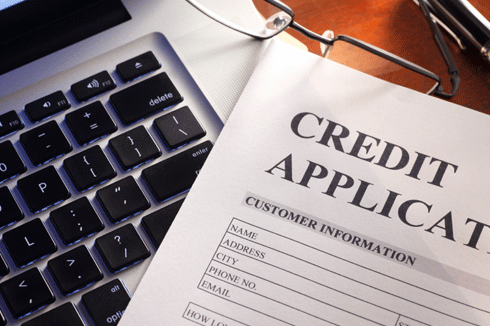Can I Consolidate My Car and Personal Loans?
- You can consolidate your car and personal loans if you qualify for a larger loan.
- Usually it's easiest if you own a home with enough of an equity cushion to borrow against it
- Be certain you can afford the higher payment.
- Start your FREE debt assessment
Using home equity or the strength of your credit to consolidate debt
Yes, you can consolidate your car and personal loans if you qualify for a larger loan. Usually it's easiest if you own a home with enough of an equity cushion to borrow against it. However, you can consolidate even if you don't own a home.
Home Equity Consolidating Dos and Don’ts
Before you pull cash out of your home, or tap a home equity line of credit, consider the following dos and don'ts.
- Do list all your car and personal loan balances and interest rates.
- Do contact your current lender and several other lenders for rate quotes.
- Do visit a tax Web site to determine whether you qualify for a home equity loan interest tax deduction. If you must pay the alternative minimum tax (AMT), then you're not eligible for this deduction.
- Do study your budget to make sure you can comfortably afford the closing costs and monthly payments of the home equity loan.
- Do compare several loan offers to ensure you receive the best rate and the most reasonable fees from a lender with a good reputation.
- Don't agree to a loan from the first lender who makes an offer.
- Don't borrow more than you need.
- Don't borrow more than 80% of the value of your home between your first mortgage and home equity loan or line of credit. For example, if your home is worth $140,000 and you still owe $100,000 on the first mortgage, you can safely borrow a maximum of $28,000, assuming you can affordably make the payments for both the first mortgage and home equity loan.
- Don't continue to create new debt once your old debt is consolidated into the home equity loan.
- Don't treat your house like a cash register.
Personal Loan Consolidation Dos and Don’ts
If you don't own a home, or don't have enough equity to safely borrow against it, you may still be able to qualify. A new personal loan that combines both your car loan and previous personal loans is probably the best option. Before you get a new loan, consider these dos and don'ts.
- Do research interest rates at several lenders.
- Do consider the total costs and fees of the new loan before agreeing to it.
- Do check your credit report and scores before applying for loans.
- Do remove errors from your report to avoid getting a higher interest rate.
- Don't agree to the first loan offer you receive.
- Don't consolidate existing loans that have a lower interest rate than the rate of the new personal loan.
- Don't borrow more than you need to consolidate your personal and car loans.
- Don't continue to create new debt after you've consolidated your old debt.
Consolidating your auto loans and personal loans will definitely help you save time paying your monthly bills and reduce the hassle. It may also reduce your taxes or interest rate. Although it may not be possible for everyone, it's worth looking into.
Free up cash each month with Freedom Debt Relief

Ozzy S., Freedom client
“Right away, I had more money each month because of program costs so much less than what I was paying on my minimums.”
Actual client of Freedom Debt Relief. Client’s endorsement is a paid testimonial. Individual results are not typical and will vary.

